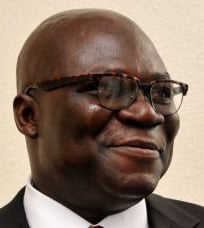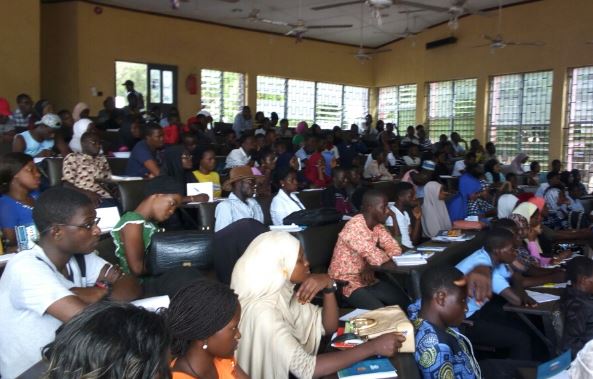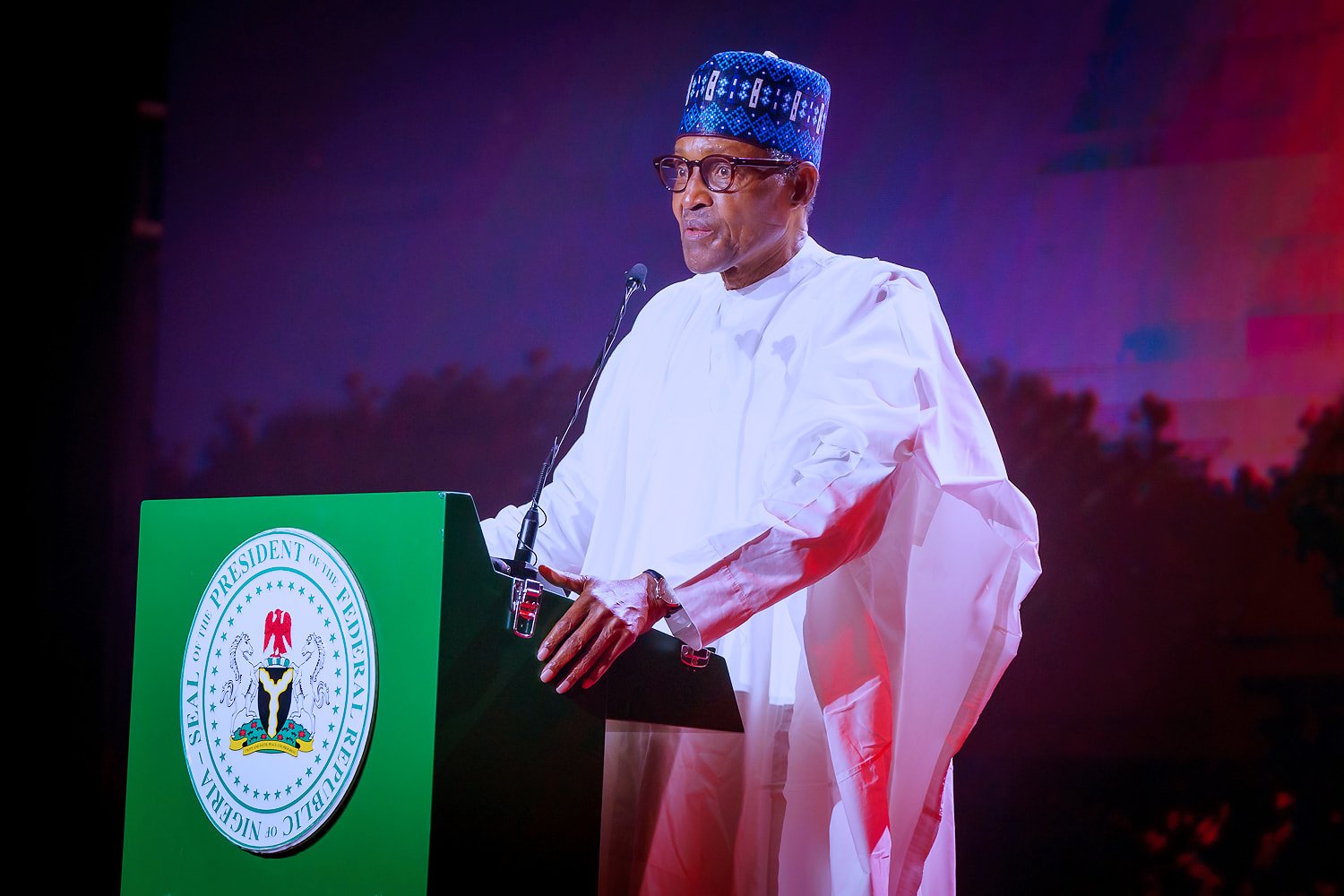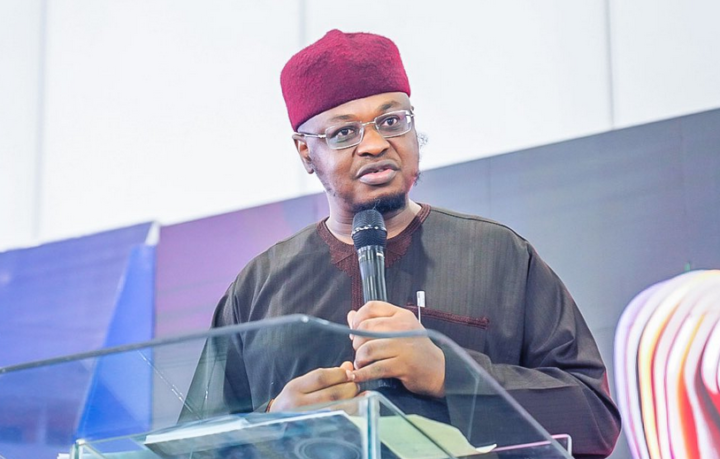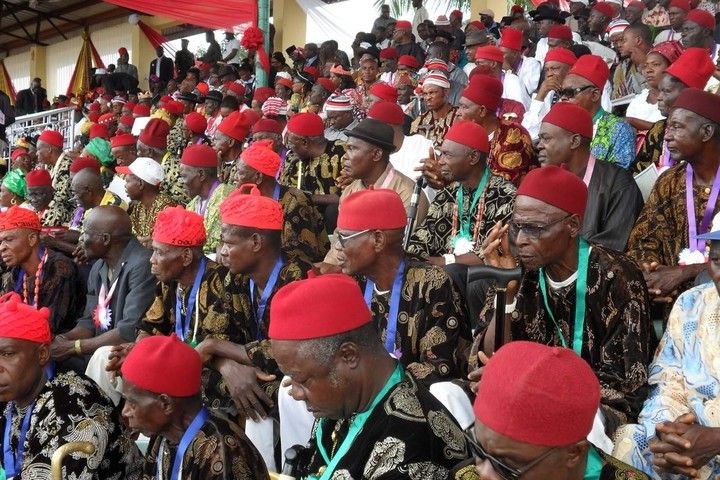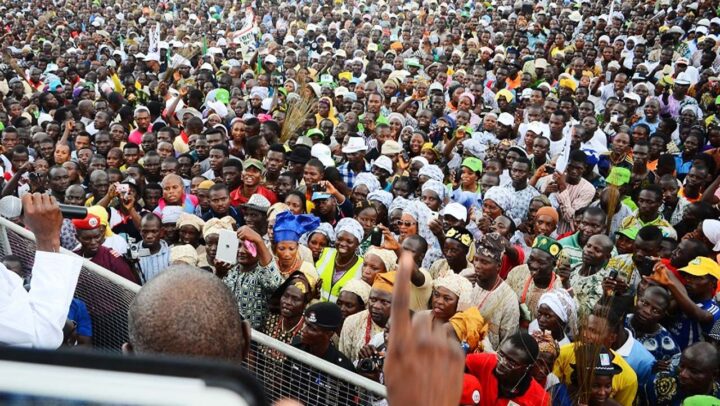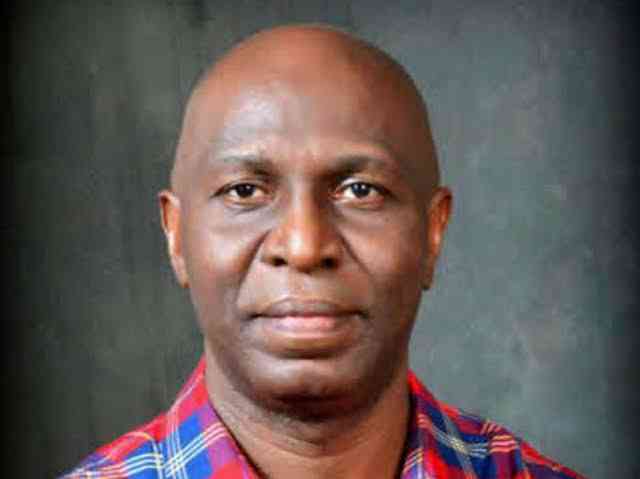Despite ASUU strike, LAUTECH directs students to resume on Thursday | TheCable.ng
I stumbled on a story in the Nigerian media which says that the national assembly is planning to consider no fewer than 63 bills for the creation of new universities, polytechnics, colleges of education and monotechnics, and I wondered whether madness has finally descended on Nigeria’s education sector. Nigeria, at the moment, has about 49 federal universities, 59 state universities, about 40 polytechnics, state-owned universities- 49, and private universities – 76, federal and state-owned colleges of health – 70, private colleges of health – 17, colleges of education – 219. So, who wants to add 63 more institutions to this array of moribund, inefficient, poorly governed and perpetually-on-strike-colleges?
Every tertiary institution is a creation of the law, there is no doubt about that, but it would amount to gross stupidity for any group of lawmakers to sit and deliberate over the possible creation by law of additional tertiary schools in Nigeria today. The sponsors of such bills should not only withdraw them, but they should also hide their heads in shame, and must not be heard forthwith making any such silly suggestions.
Many lawmakers want a tertiary institution in their own neck of the woods. They want it said that as part of democracy dividends, it was during their term in office that a school was brought to their village or community. They are forever desperate to be seen to be doing something that would fetch them another term in office. It is not difficult to see why community projects so-called constitute such a big competition among lawmakers. Some lawmakers collude with the traditional rulers of their communities to give chieftaincy titles to their colleagues to support their plans to establish universities of medicine in their villages. If established. such universities would be no better than primary healthcare centres. Worse, actually. Higher institutions of learning should not be created on the basis of political expediency. No school should be established to massage the ego of politicians. Tertiary education should not be about quantity, but quality and capacity, not political convenience, but political interest. We do not need to have a university or a polytechnic in every hamlet of Nigeria – that would be a prescription for chaos and confusion.
Today, it would be exactly two weeks since the president of Nigeria, Muhammadu Buhari gave or did not give, the minister of education, Mallam Adamu Adamu, a two-week ultimatum to find a solution to the strike of the Academic Staff Union of Universities (ASUU) since February 14, 2022. Some other reports indicated that the minister himself was the one who volunteered to end the strike because he had found a special formula to the matter. The two weeks are up today, so what has happened? What has happened is that by yesterday, ASUU told everyone that the union is extending the strike by university teachers for another period of four weeks. If ASUU was aware of any progress being made with the negotiations, its communique would have said so, but there was absolutely nothing like that. An academic session is about nine months. Nigeria’s universities have been shut down for more than six months. A whole academic session has been sacrificed on the altar of nothing.
Advertisement
Many students by now would have forgotten whatever they learned in their other life as undergraduates. Many of the boys and ladies would by now have ended up as fathers and mothers, victims of unwanted pregnancy or adolescent sexuality, due to distraction and idleness, quite a number from privileged homes would have moved on to foreign schools or private universities, a larger majority would simply have dropped out to become a big burden unto society. When university teachers embarked on their strike in February 2022, it was just them but they have since been joined by other unions within the education sector. For months, Nigeria’s public education sector has been on its knees. On the plain surface of it, this is not good enough. It is condemnable, because the crisis is avoidable, and speaks to the failure of leadership and governance.
The involved unions — ASUU, SSANU, NASU, ASUP — are asking for better conditions of service and a quality education system in Nigeria. ASUU insists on a number of issues: fulfilment of the 2009 ASUU-FG agreement, and the re-negotiated agreements of 2014, 2020, and 2022 in line with the sacred principle – pacta sunt servanda – that is the sanctity of agreements. It would appear that the federal government of Nigeria does not want to respect any agreements including the latest Nimi Briggs committee proposal. The Briggs committee is recommending an over 100% increase in salaries and allowances for university teachers. The minister of labour and productivity, Dr. Chris Ngige, has been heard saying the government cannot pay such money because there is no money anywhere as Nigeria grapples with a local and global season of economic distress. Well, well, well, it is true that Nigeria’s debt service profile exceeds country revenue by about 119%. The excess crude account has been depleted. What do we have there now? Some little change above $300 million. Our foreign exchange situation is so bad that the naira is beginning to look like toilet paper in comparison to the dollar!
University teachers of Nigeria insist that they do not want the government’s payment system that places them under what is popularly known as IPPIS, they want their own payment system called UTAS. They are asking for revitalization funds for universities. They want the number of universities to be rationalised because they think there are too many universities in the country, resulting in the lowering of standards. They reject the idea that Nigerian students should pay appropriate fees. They think the provision of quality education for the Nigerian child is a sacred duty and anything to the contrary drawn from Western, neo-liberal economics is a wrong-headed human development strategy. There are more than enough hard-liners on both sides, however, between those who think the government must have its way and those who think the government is manned by stupid persons who have lost the capacity to think intelligently. In that middle are parents whose children have been wrong-footed, a country whose education system is being destroyed and young Nigerians whose future has been mortgaged.
Advertisement
It is perhaps necessary to define the context of this reflection. Once upon a time in this same country, the education system flourished. In 1955, the Western Region led by Chief Obafemi Awolowo and strategic thinkers like Chief Adekunle Ajasin and Professor S. O. Awokoya introduced the universal free primary education system in the Western Region. The policy promoted education in the Western region. By 1957, the Eastern Region led by had also introduced a framework for a similar promotion of education. In 1959, the leaders of Northern Nigeria had their first major summit on education with a clear intention to promote education in the north. The regional system encouraged competition and each region worked on its own comparative advantage. The west succeeded with its plan, producing generations of educated persons. The east also succeeded, but the civil war truncated the growth of the east. The east has since recovered pushing forcefully ahead on the competitive plane, after the civil war, a reflection of the people’s resilience, with Igbos now having the highest number of PhD holders in Nigeria today.
The only region that fell behind is the north where a large number of Nigeria’s out-of-school children is concentrated and the result has been banditry, terrorism, and illiteracy. My point is that there was a time when every region of Nigeria tried to promote education, learning, and culture, with relative differences. As primary and secondary school pupils in this country, the government gave us books. Some of our schools could easily compare with some of the best schools in England and Europe. Students came to study in this country from other parts of the world. Many of our teachers from primary to university level were expatriates, and they were very happy living and working in Nigeria, with their families.
I remember that my secondary school got featured on the then old WNTV because we had one of the best farms in the Western region cultivated by the school under the leadership of Chief Sesan Soluade who later became deputy governor under Chief Olabisi Onabanjo as governor of Ogun state. At the university level, we had access to quality. There was water. There was electricity. Hostel staff laid our beds, washed our bedsheets, and every morning cleaned our rooms. The university cafeteria was a place of delight. The food was good. The menu was heavenly. They fed us to make us study well. We drank tea every morning. Every meal came with tea and dessert. Every Sunday afternoon, we looked forward to the special chicken delicacy that we got served as a special treat. Food was so important to us, and a source of celebration that even our cafeteria had a chairman who was so appointed and recognised by students! Only the chairman had the right to arrive whenever he wanted and he would be allowed to go straight to the head of the queue. The chairman was a true chairman, in any case, because he was always the first person to show up at the cafeteria in the morning, at noon, and in the evening. The irony was that he was a science student with all their laboratory sessions, but he seemed to have taken his reputation as the cafeteria king as his major mission in the university. Chairman graduated. Mr Jeun Koku didn’t repeat a class! He graduated on schedule.
In the more uptown universities like the University of Ibadan, we were told that the situation was even better. Those ones wore gowns and some of the boys behaved like they were future lords. Before we graduated, everything collapsed. The cafeteria system disappeared. Nigeria under Ibrahim Babangida, had taken the IMF pill. The country went downhill and has not recovered since then. By the time I got to Ibadan for graduate studies, I met a culture of “bush attack”. There was no water. No normal environment. Boys and girls took to the bush in the early morning hours to empty their bowels. Everywhere stank. Then, they brought undergraduate girls to graduate hostels and hell broke loose. Boys started behaving like girls. I ran for election as secretary of Awolowo Hall along with others who thought we needed to save our hall of residence and won, but we all ended up being very friendly with the female wing!
Advertisement
It is now so bad that the education system has completely failed. Over 13 million Nigerian children, most of them in the north, are out of school. Northern leaders have been holding meetings since 1959 to promote education and enlightenment in the north. They meet every season, every year, every electoral cycle. The number of illiterate children in the north keeps expanding. The situation has been compounded by the menace of Boko Haram, terrorism and the insecurity of lives and property in the north. The religious and ethnic dimensions of the crisis make it more terrible. Not even schools are safe. They have become targets in the hands of those who believe that western education is a sin and that anyone who goes to school must be kidnapped and eliminated.
Given these circumstances, the proposed recklessness of breathing more tertiary institutions into existence through legislation is annoying. Nigeria does not need more tertiary institutions. This is one of the major arguments of ASUU and other unions. I think they are right. Even with the Nimi-Briggs proposition, nothing will change. Has anyone even seen the Briggs paper? What the university teachers want is a quality education system. They do not want the proliferation of mushroom universities that spring up at every corner without the wherewithal to keep them going. The education system is so bad that employers of labour in Nigeria do not even want to employ graduates of Nigerian tertiary institutions. If you must employ them, you would need to set up a training school and this is why perhaps there has been an explosion in training budgets in Nigerian companies. The graduates who come out of Nigerian schools cannot speak English. They do not know the difference between a formal and an informal letter. You should not be surprised if they show up in the office wearing those rags that they call clothes. They behave so badly that senior managers are the ones who now have to act in loco parentis. Some of the senior managers are themselves products of a bad era, creating a community of Nigerian managers and their staff who are totally lacking in skills and competence. They pollute the environment. Even when companies recruit foreign graduates, the ones who studied abroad, it is often difficult to separate the wheat from the chaff. Many of those pretty looking ladies and smart boys that you meet in banking halls who speak through their noses have actually never gone anywhere beyond Lekki or Surulere. They have international passports and have had the privilege of getting a visa and probably spent two weeks in downtown Europe, and they would have returned with such strange accents you would think that their grandmother came from Europe.
Nigeria must resolve the crisis in the education sector, starting this time from top to bottom. Having a key percentage of Nigerians in the top educational range sitting at home, doing nothing, and embracing depression, indeed some university lecturers have become petty traders, some of the women I hear, now prepare and sell nkwobi and pepper soup is disgraceful to the nation. Ministers of the federal republic abusing and threatening university teachers will not solve the problem. The minister of education has missed the two-week deadline. ASUU and other unions are still on strike. As things stand, our universities may remain shut until after the 2023 general elections.
Advertisement
Views expressed by contributors are strictly personal and not of TheCable.
Add a comment
